Cycles of Life
The picturesque terraced rice fields of Bali, bathed in the sun’s golden glow, stand against the backdrop of the majestic Mount Agung. These lush green landscapes reveal how fortunate the Balinese people are to be surrounded by a diverse array of thriving plants. Their connection to the land runs deep, as they learn to plow the soil, plant seeds, and harvest their crops using traditional methods, including the Subak system.
The Subak System: Ancient Water Management
The Subak system is a community-based organization autonomously managed by Balinese farmers. It evolved organically to address fair water distribution for farmlands, maintain irrigation systems, resolve conflicts among Subak members, and conduct religious activities at Subak temples.
Dating back to the 9th century, Subak is not merely about providing water for plant roots; it creates a complex, pulsating artificial ecosystem.
Balinese Calendars
Balinese society follows a unique blend of ancient Hindu and Javanese traditions, as seen in their calendars Saka and Pawukon. Most Balinese adhere to both systems, while certain villages, like Tenganan, follow the ancient Balinese Hindu calendar exclusively.
These calendars play a crucial role in organizing daily life, from agricultural activities to life rituals. Balinese communities construct pura (temples) and simple bamboo structures in the middle of rice fields. These are dedicated to celebrating the blessings of Dewi Sri, the goddess of rice, fertility, abundant harvests, prosperity, and harmonious families.
Within these temples, you’ll find life-sized representations of Dewi Sri, known as cili cili. These figures are intricately woven from materials like palm leaves (janur), lontar leaves, or colored sticky rice (nasi ketan).
Rituals and Gratitude
Balinese rituals and beliefs are steeped in gratitude and joy, following the cycles of life—from birth to adulthood and the lessons learned for survival before facing mortality. The Balinese recognize the need to build, sustain, and protect life and existence to endure. Their reverence for nature, cooperative practices, and spiritual engagement shapes the vibrant landscape of Bali.
Subak fosters a harmonious relationship between humans and nature, reflecting the Balinese philosophy of Tri Hita Karana — the convergence of the spiritual realm, the human world, and nature.
Click Away and Take the Visual Journey
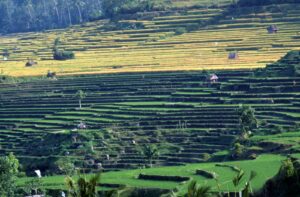
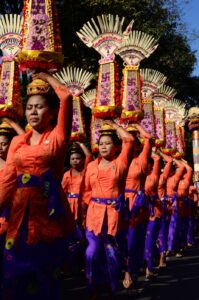
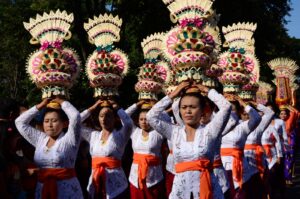
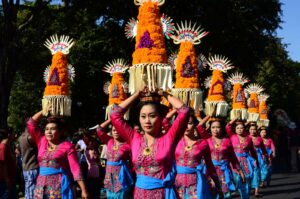
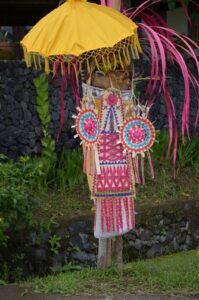
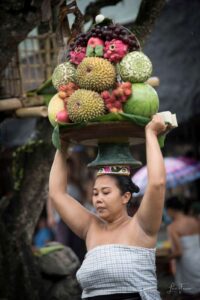
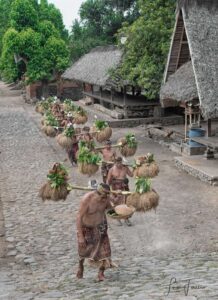
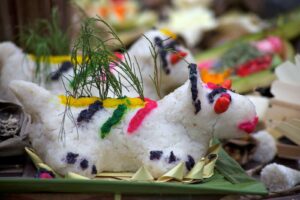
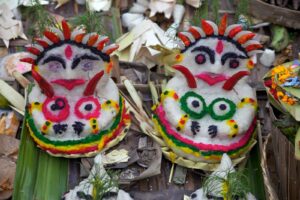
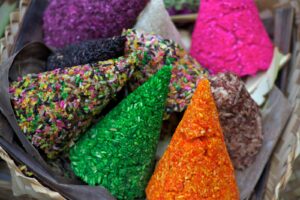
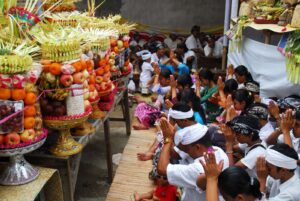
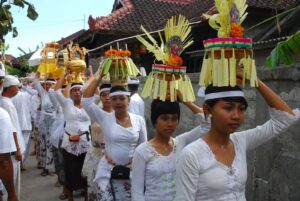
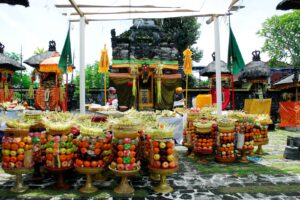
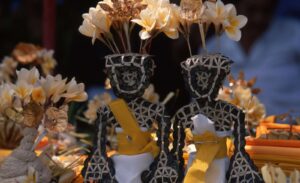
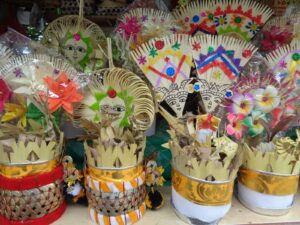
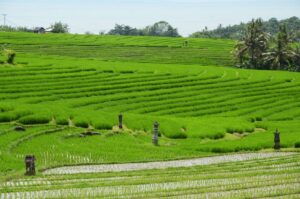
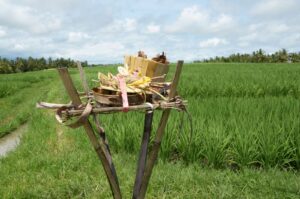
Visit Us Today
Join us at Bali Abode Museum and immerse yourself in the essence of Bali. Explore our exhibits and dive deep into a world of ancient kingdoms and vibrant traditions.
We're open WEDnesday to Sunday 9am to 6pm, except on public holidays.
Free admission. Exhibit captions are available in English and Bahasa Indonesia.
